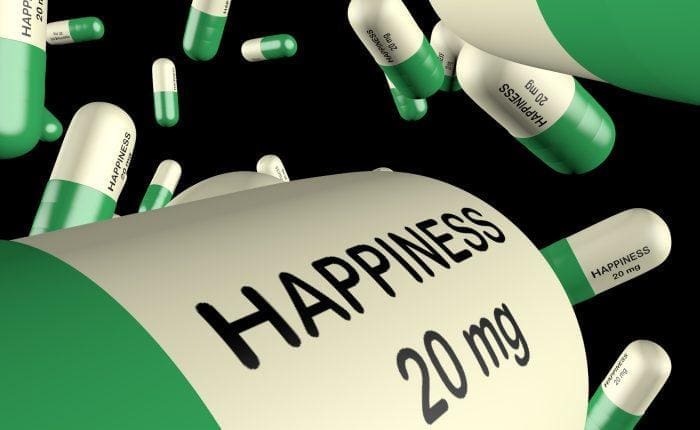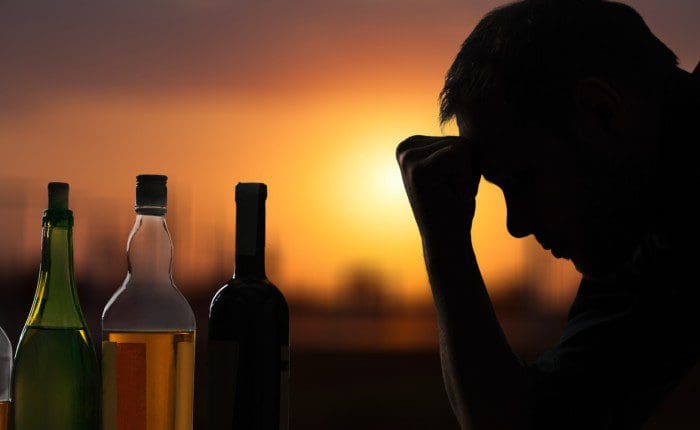There is a popular misconception that there is a thin line between “casual substance use” and “alcohol or drug addiction.” However, the truth is that there are stages of addiction, and progressing through them is how addiction develops. The good news is that if you can identify that you’re in an early stage of substance abuse, you can break the cycle before full-blown addiction occurs.
Moreover, recognizing this cycle can also be a useful relapse prevention tool. By identifying the phases of addiction, it becomes possible to recognize the pattern and work toward a lifestyle that exists beyond the stages of addiction.
Contents
The 5 Stages of Addiction

Annually, there are more than 21 million Americans who struggle with substance use disorders, according to the Substance Abuse and Mental Health Services Administration (SAMHSA). But for all of those people, their addiction started simply enough, by experimenting with drugs and alcohol. To examine the phases of addiction, let’s start with the first stage of addiction: experimentation.
1. Experimenting with Drugs and Alcohol
It’s not uncommon for children and teens to experiment with drugs or alcohol. And for most people, the relationship with drugs or alcohol does not advance much further than this. But for others, this simple start can transition into a clinical substance use disorder.
Much of this depends on the age of the individual and what they’re taking. For example, while drinking alcohol at 16 has been proven to be dangerous, having a drink or two at a friend’s house is a relatively normal experience that, on its own, may not lead to a substance abuse issue. However, a 12-year-old experimenting with opioids would present a much higher risk of developing drug dependence.
Moreover, the motivations to use drugs and alcohol can determine the overall danger during this stage of addiction. For example, wanting to have fun with friends is a typical situation where people try drugs and alcohol. But more dangerous can be when someone uses drugs or alcohol to cope with stress or a mental health issue. This can increase the desire to keep using drugs or alcohol, which can lead to the next phase of addiction.
2. Frequent Substance Use
At this stage of addiction, the individual has progressed past experimenting with drugs or alcohol. They now use them regularly, although not enough to count as a substance use disorder.
For many adults, they will stay at this stage for most of their lives without progressing to a true addiction. While there are health dangers associated with even moderate drinking, this stage of addiction is much less dangerous than the ones that follow.
An individual can move on to the next step of addiction when alcohol or drugs become increasingly important in their life. They may spend a lot of time using or thinking about using, and they may start to prioritize using their substance of choice over other, more important activities.
3. Substance Abuse
For an individual at this stage of addiction, drinking and drug use have moved past “recreational.” For most people, they notice that their relationships start to weaken, they experience trouble at work, and/or they run into trouble with the law. A person does not have to drink or use drugs every day to reach this stage of addiction, but using the substance must be a pillar in their life that comes before other obligations like work or family.
Individuals who started to drink or use drugs to treat mental illness symptoms can face even more difficulty in this stage. They may start to notice that drinking or using no longer treats their symptoms the way it did before, and they likely need increasing amounts of the substance. This can lead to increasingly risky behaviors, like using the substance before driving or using it at work.
4. Physical and Mental Dependence

By now, drinking or using drugs is no longer optional; the individual must do so or risk feeling sick from withdrawals. Because this stage of addiction also worsens the overall quality of life due to alcohol or drug dependency, mental health often worsens at this stage as well. It can become harder to hold a steady job, which can create problems in all facets of life.
At this stage of addiction, quitting by oneself can feel impossible. For many people, attempts to quit are followed by intense mental and physical cravings that can feel overwhelming. Also, by this stage of addiction, individuals have built a life that is centered around addiction, so many of their friends may also be addicted and thus unable to help with starting recovery.
5. Substance Use Disorders (SUDs)
At this final stage of addiction, an individual cannot go a day without drinking or using their substance of choice. People may lose jobs or relationships and could even face homelessness in some situations. The longer an individual lives with a substance use disorder, the more inescapable addiction can feel.
But no matter how long a person has been addicted to a substance, there is always help available. There are Louisiana rehabs that work with individuals to help them regain control over their lives, regardless of what stage of addiction they’re in.
How to Break the Cycle of Addiction
Whether you’re in the early stages of addiction, you’ve found yourself with a substance use disorder, or if you’ve faced a relapse, Baton Rouge Behavioral Hospital can help. With a dual diagnosis program that addresses both addiction and the mental health issues that cause it, we effectively prepare individuals for long-term recovery instead of only treating the symptoms of a behavioral health issue.
Of course, some situations require specialized addiction treatment before attending a dual diagnosis program. For situations like this, we provide alcohol and drug detox to help individuals break their physical dependence before addressing mental dependence through inpatient treatment.
Would you like to learn more about how we can help break the cycle of addiction? Call our friendly admissions specialists at Call Baton Rouge Behavioral Hospital: (225) 567-8698 or ask your questions online. No matter what stage of addiction you’re in, we can help you start on the road to lifelong recovery.

















